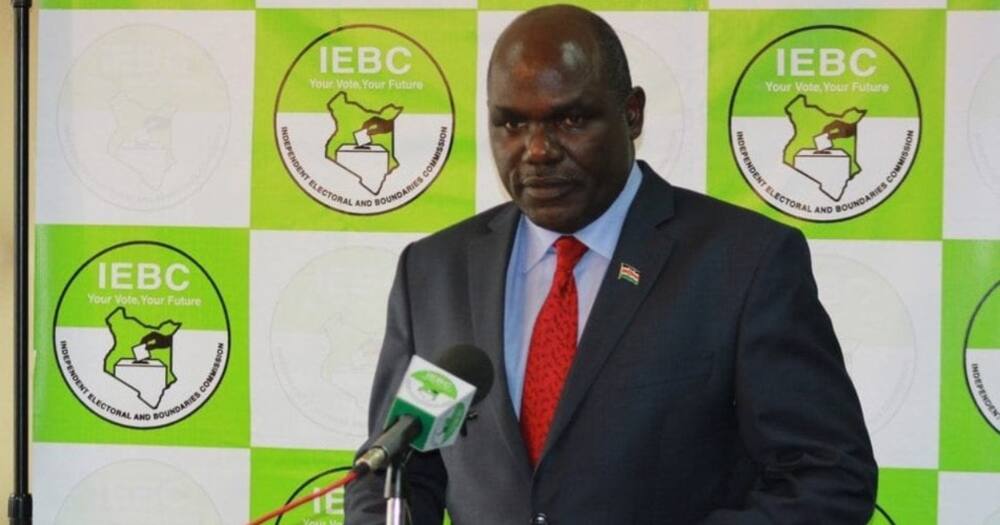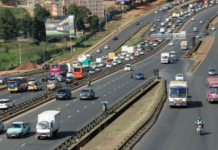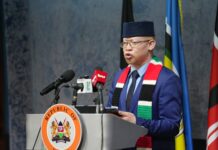The Kenya Human Rights Commission is suing the Independent Electoral and Boundaries Commission (IEBC) over its decision to abandon the use of a manual voter register as a complementary voter identification system during the August 9 elections.
According to KHRC, the decision threatens to exclude many eligible voters from the election if the Kenya Integrated Election Management System (KIEMS) fails.
According to the lobby, the electoral agency has a duty to facilitate and not deny the right to vote to any eligible citizen. The commission declared the IEBC’s decision as unlawful.
“The decision of the Commission to strictly rely on the KIEMS as the only mode of voter identification is not only in violation of Statute but also susceptible to massive failure which can lead to ultimate postponement of the general elections on Tuesday 9th August 2022,” the petition filed on Tuesday reads in part.
The petition is supported by six other civil society organizations, including the Katiba Institute, the Kenyan section of the International Commission of Jurists (ICJ)-Kenya, Haki Yetu, Inuka Kenya Ni Sisi Ltd, Africa Centre for Open Governance Constitution and Reform, and Education Consortium, and has named Wafula Chebukati and IEBC as respondents, as well as the Communication Authority of Kenya and Crawn Trust as interested parties.
The groups argue that the only way to ensure all registered voters who intend to vote do so, is by using a manual register.
The petitioners also argued that the KIEMS must be functional with reliable and stable internet connectivity in order to load the voter register and then identify a voter’s bio data at the polling station using either the fingerprint or the alphanumeric search.
“The issues affecting KIEMS kit go beyond the availability of network connectivity,” they said.
The groups also claim that IEBC is yet to publish the register of voters and preload the same on the Kiems kits through the data registration database.
They further argued that no measures have been taken by the electoral agency to guarantee that there is a working and reliable 3G/4G network connectivity, and that technology shall not fail in all the polling stations.
“It is only fair and just that this Petition be heard and determined as a matter of urgency and the orders sought issued to guarantee the right of registered voters to participate in the general elections,” the petitioners said.
Early on June 3, IEBC chairman Wafula Chebukati invited members of the public and election stakeholders to Bomas of Kenya for a simulation of the technology to be used in the elections, but the demonstration failed. The commission admitted that there was a technological failure.



















